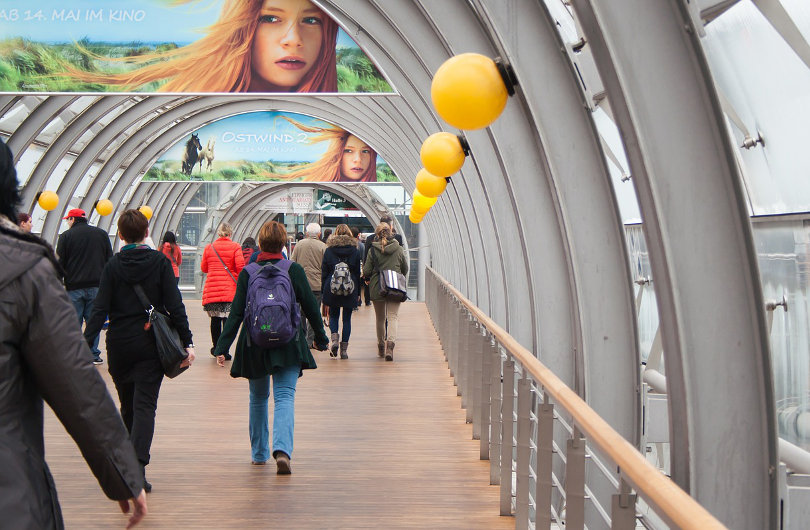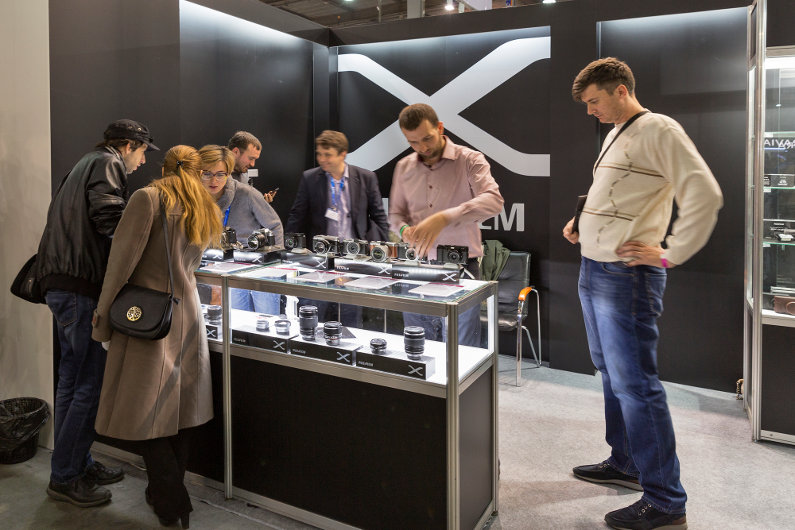When you attend an entertaining, informative and memorable business event, it seems like everything happens automatically, just when it should. If things go smoothly, you can be sure there was a mammoth amount of preparation and planning behind the scenes.
Here are three vital behind the scenes things you have to put plenty of thought into:

Logistics Planning
Early stage planning can make or break an event. Things to consider include choosing the date, which ideally won’t clash with any other local or national major event. Make task lists for everything, and put together a team of helpers if possible. Hold regular meetings so everyone stays on track, and iron out problems as soon as they crop up.
Build in as much flexibility as possible, and stay open-minded regarding compromise. If you do have to compromise, choose the least disruptive option. An example could be discovering the venue you really want isn’t available on the date you’d prefer. You know you have to change one or the other. If the venue is perfect and your date isn’t seasonally dependent, selecting an alternative date may work better than scrambling for a different building.
Have contingency plans for things that might go wrong on the day, such as rain during an outdoor event, or the caterers letting you down at the last minute. Having a plan B saves many grey hairs.

The Venue
Certain venues lend themselves better to one type of event than another. Both should partner up perfectly, with the place reinforcing the brand, philosophy and principles of the host business.
When you’re choosing a venue:
- Study the layout — consider the type of activities and how attendees will move between them. Can you organise an efficient traffic flow without causing bottlenecks in doorways or passages? Think about where to locate the bar too, if you’re having one, as this will be another potential source of attendee frustration if their wait is too long. Signage might be necessary to show people where to go, and if it is, how will you produce it? Do you need somewhere for reception or registration? And finally, don’t neglect security and insurances.
- Parking and transport links — guests coming in from out of town will love a venue close to their hotel, and anyone arriving by car will be thankful for convenient, secure parking.
- Sound and Vision — what are the acoustics like? Will you need to hire a sound system, or a stage for your speakers?
- Catering — make sure there’s enough space to seat all your attendees if you’re hosting a sit-down dinner. Does the venue provide catering; are there enough tables and chairs, and what about decorations, from table centrepieces to lighting and general decor?
- Venues also have their own types of ambiance. Would a traditionally styled building suit your business better than a modern glass and steel structure? Choose carefully, and you’re halfway home.
-

photo credit: Highways England / Flickr
Promotions and Funding
Start promoting the event as early as possible. If you need to raise funds before the event can go ahead, crowdsourcing can work in your favour to promote and raise awareness as well as bring in needed funding. If there’s not enough interest, you can pull the plug before investing further.
Promotional materials should include why people ought to attend. Have prizes, giveaways, quizzes or competitions for informal events, and hire inspirational or educational speakers for more formal events. If you’re hiring speakers, encourage them to promote the event by creating materials they can share within their own circles.
A final consideration comes down to activity timing. Make sure key activities don’t overlap each other so you don’t force attendees to choose between them. Event planning is an often undervalued skill. Give it plenty of time and always stay open minded to necessary compromises.


